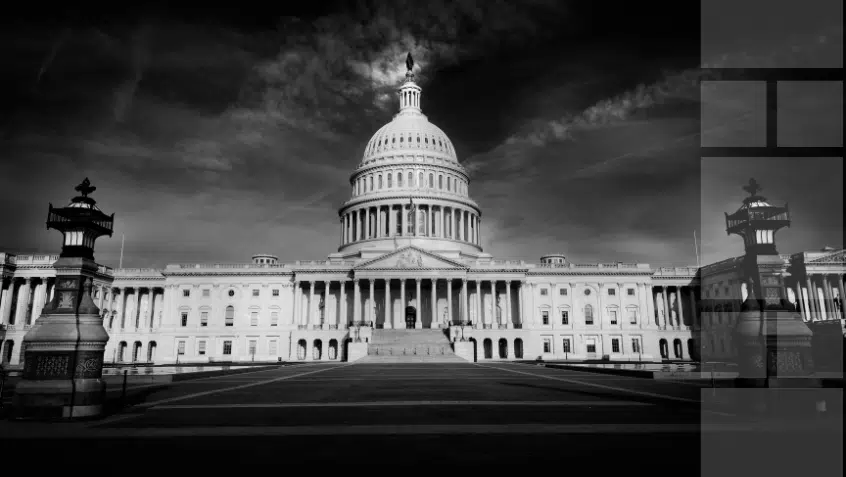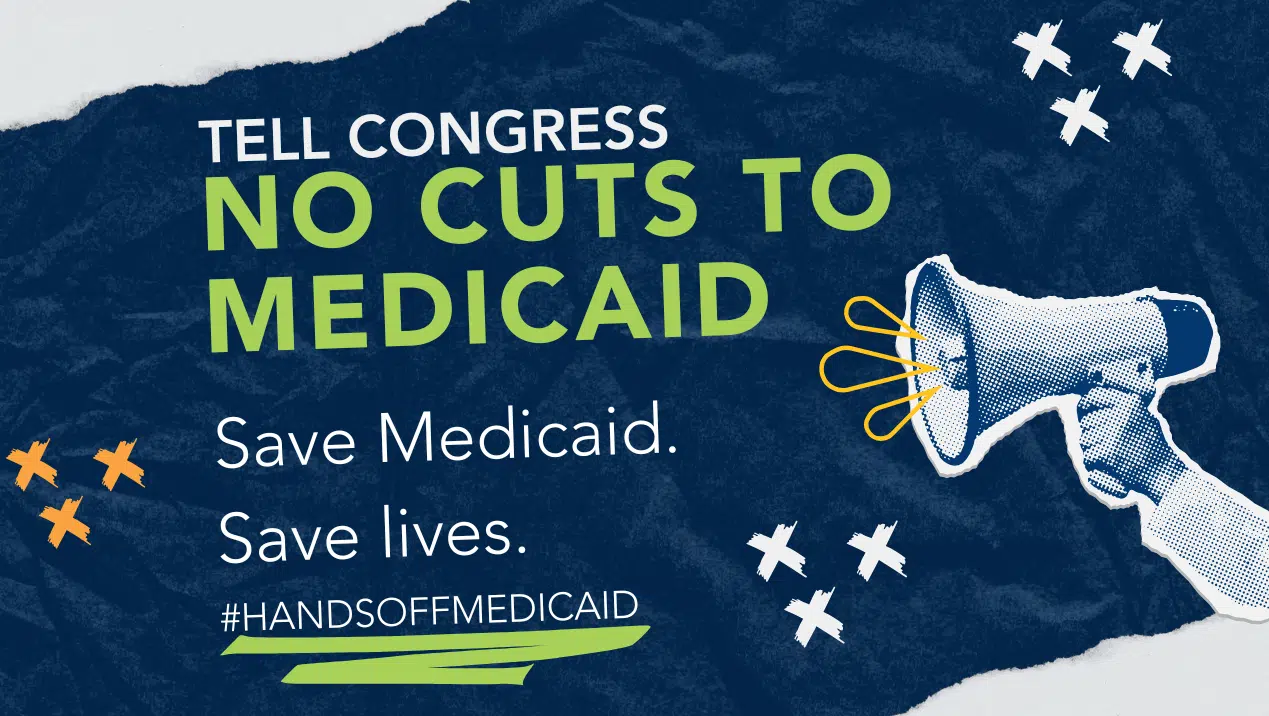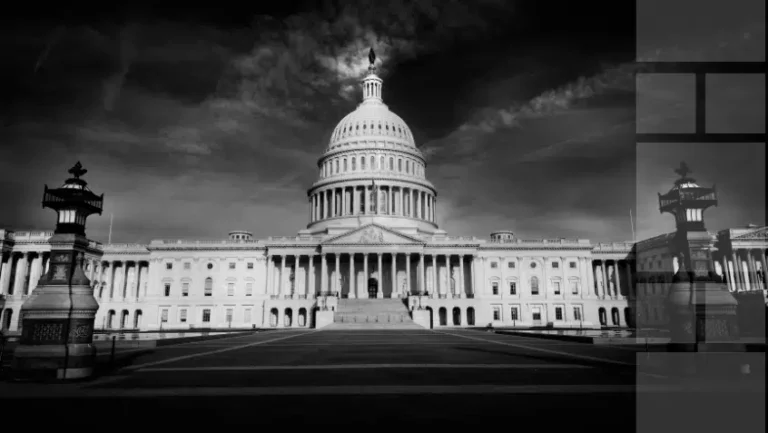House Republicans Advance Plans to Cut Medicaid and Food Stamps, Affecting Millions
In a significant move, three House committees have advanced agendas that could make it harder for older adults, people with disabilities, children, and working families to meet their basic needs such as food and healthcare. These proposals, taken together, would cut benefits for low-income families while reducing taxes for higher-income individuals. The potential impact is substantial, with up to 14 million people possibly losing coverage, including nearly 4 million who could lose food assistance.
Cuts to Medicaid
The House Energy and Commerce Committee, which has jurisdiction over Medicaid, has approved substantial cuts to the program. According to projections by the Congressional Budget Office (CBO), these cuts could result in 10.3 million people losing Medicaid coverage, with 7.6 to 8.6 million becoming uninsured. Among those affected would be millions of individuals dually eligible for Medicare, who rely on Medicaid for additional benefits and assistance with Medicare costs.
The proposed changes to Medicaid include the introduction of burdensome work reporting requirements for certain populations. Research has shown that such requirements do not effectively help people find employment; instead, they primarily lead to the termination of coverage for those in need. Additional changes include increased costs for care, reduced access to retroactive coverage, and the elimination of regulations that previously made it easier for people to enroll in and remain covered by Medicaid and Medicare Savings Programs.

Cuts to SNAP
The House Committee on Agriculture has approved significant cuts to the Supplemental Nutrition Assistance Program (SNAP), commonly known as food stamps. These cuts include measures that shift costs to states, introduce new work reporting requirements for individuals between 55 and 64 years old and for parents of school-age children (with certain exceptions), and prevent states from seeking waivers due to lack of employment opportunities in their areas. Previous CBO estimates suggest that such proposals could result in 3 to 3.5 million people losing all access to SNAP benefits, with an additional 100,000 to 150,000 experiencing a reduction in their benefits.
Experts warn that these cuts, combined with the proposed cost-shifting to states, will stress state budgets, economies, and farmers, potentially leading to further benefit reductions. Historical data indicates that SNAP work requirements have not been effective in helping people find work; they have primarily driven eligible individuals out of the program.
Impact on Marketplace Plan Enrollees
The House Committee on Ways & Means has approved a suite of tax policies that does not include an extension of enhanced premium tax credits. These credits currently help individuals afford health insurance through Affordable Care Act (ACA) Marketplace plans. The CBO projects that failing to extend these credits will lead to millions more becoming uninsured, in addition to those losing Medicaid coverage.
What’s Next
While the full House must still vote on these policies, and the margins are tight, the proposals face an uncertain future. If passed by the House, the Senate would then consider the bill, likely making changes that could affect its passage. Ultimately, both chambers must agree on identical text for the bill to become law.
Consequences of the Cuts
At Medicare Rights, we emphasize that our entire health system is interconnected. Cuts to Medicaid would have a ripple effect, impacting Medicare as well. Coverage through Marketplace plans and SNAP is also crucial for the well-being and financial stability of individuals. We strongly oppose any measures that would terminate or reduce coverage, including increased bureaucratic hurdles and work requirements. The health consequences of losing access to affordable, high-quality healthcare and food assistance cannot be overstated.
We urge policymakers to facilitate, rather than hinder, access to basic needs for all individuals. It is crucial to make your voice heard by contacting Congress and expressing opposition to these cuts. Learn more and take action today to protect essential programs like Medicaid and SNAP.



